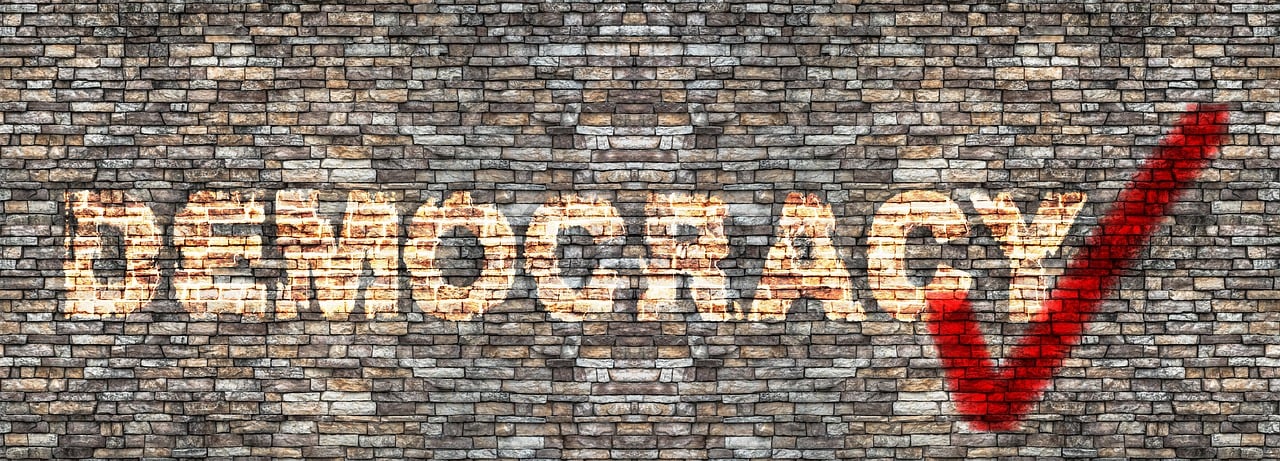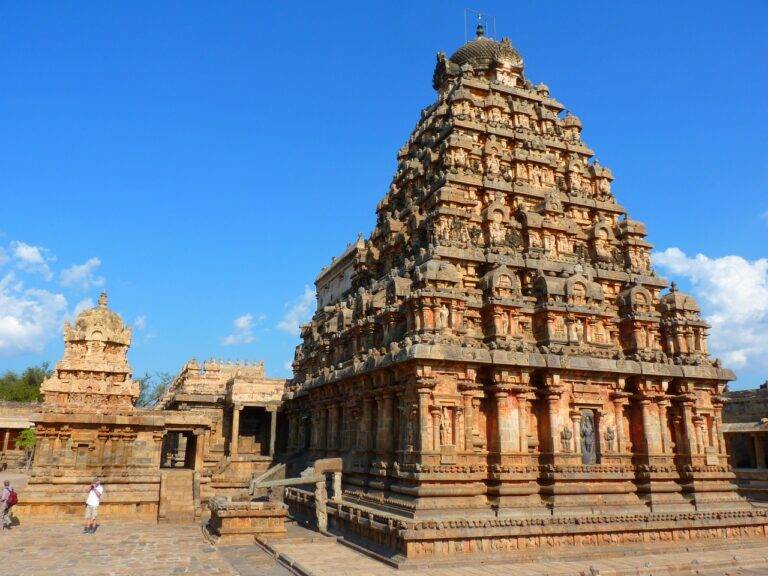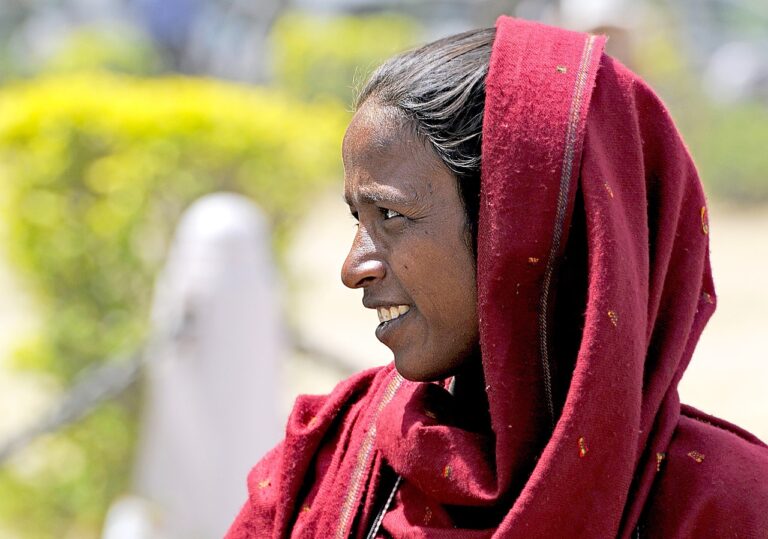Election Campaign Scandals and Voter Trust
In the realm of political campaigns, controversies have always been a common occurrence. Candidates are under constant scrutiny, with their every move and statement analyzed by the public and the media. In recent times, however, the intensity and frequency of these controversies seem to have escalated, fueling heated debates and polarizing opinions among voters.
From inflammatory rhetoric to past indiscretions resurfacing, political campaigns are rife with moments that spark outrage and controversy. Social media amplifies these controversies, making them spread like wildfire and capturing the attention of a vast audience. The 24/7 news cycle further contributes to the perpetuation of controversies, as every detail is dissected and debated by pundits and commentators alike.
With the rise of fake news and misinformation, political campaigns have become even more susceptible to controversies that are based on false or misleading information.
The use of divisive tactics and fear-mongering strategies by candidates has also contributed to the escalation of controversies in political campaigns.
Personal attacks and mudslinging between opponents have become increasingly common, overshadowing substantive policy discussions and debates on important issues.
The lack of accountability for spreading misinformation or engaging in unethical behavior during political campaigns is a concerning trend that needs to be addressed.
Impact of Scandals on Public Perception
Scandals in political campaigns have the power to significantly influence public perception of candidates. When a candidate is embroiled in a scandal, whether it be regarding personal behavior or professional conduct, the public tends to question the integrity and trustworthiness of that individual. As news of the scandal spreads, voters may reevaluate their support based on the new information presented to them.
Public perception can shift rapidly in response to scandals as individuals grapple with the implications of the revealed wrongdoing. The media plays a crucial role in disseminating information about scandals, shaping how the public views the individuals involved. As more details about a scandal emerge, public opinion can sway either in favor of holding the candidate accountable for their actions or in defense of giving them the benefit of the doubt. Ultimately, the impact of scandals on public perception can be determinative in the outcome of a political campaign.
Role of Media in Exposing Campaign Wrongdoings
The role of media in exposing campaign wrongdoings cannot be understated. In today’s digital age, with the rise of social media and instant news updates, journalists have a crucial responsibility in unveiling any unethical or illegal activities by political candidates. The power of the press lies in its ability to shine a spotlight on questionable actions, holding those in positions of power accountable to the public.
Through investigative journalism and in-depth reporting, the media serves as a watchdog, uncovering discrepancies in campaign finances, revealing conflicts of interest, and bringing to light any deceitful tactics used to manipulate public opinion. By keeping a close eye on political campaigns, journalists play a vital role in ensuring transparency and integrity in the electoral process. Their efforts help to inform voters and uphold the democratic values that are essential in a fair and just society.
What are some recent controversies in political campaigns?
Some recent controversies in political campaigns include allegations of corruption, misuse of funds, and unethical behavior by candidates and their staff.
How do scandals impact public perception of candidates?
Scandals can greatly impact public perception of candidates, leading to a loss of trust and support from voters. They can also damage a candidate’s reputation and credibility.
What role does the media play in exposing campaign wrongdoings?
The media plays a crucial role in exposing campaign wrongdoings by investigating and reporting on any unethical or illegal activities. They help to hold candidates accountable for their actions and inform the public about any misconduct.







